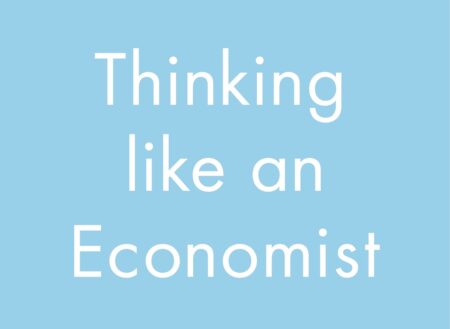The economic style of thinking has undeniably constrained progressive ambitions. Yet this framing overlooks a secondary role that the economic style plays in political life: it provides cover for explicitly conservative and reactionary arguments by cloaking them in seemingly apolitical, technical expertise.
Conversations about progressive possibilities for economic policy and political economy often undertheorize or ignore international trade. The international economy is often seen as a free-for-all between countries, a space where powerful multinational firms are able to play governments off one another, resulting in a race to the bottom of domestic laws and regulations. Or, it is seen in terms of competition between economies with coherent rules, laws, and industries in the domestic sphere, but where Ricardian comparative advantage wins out internationally. Competition in international markets is seen as a flat state of nature, a “real” free market. By convincing ourselves that international trade and competition exists in a void–or accepting the assumption that it does–we ignore how law, policy, and regulation reshape the economy and commercial relationships to favor certain groups at the expense of others.


